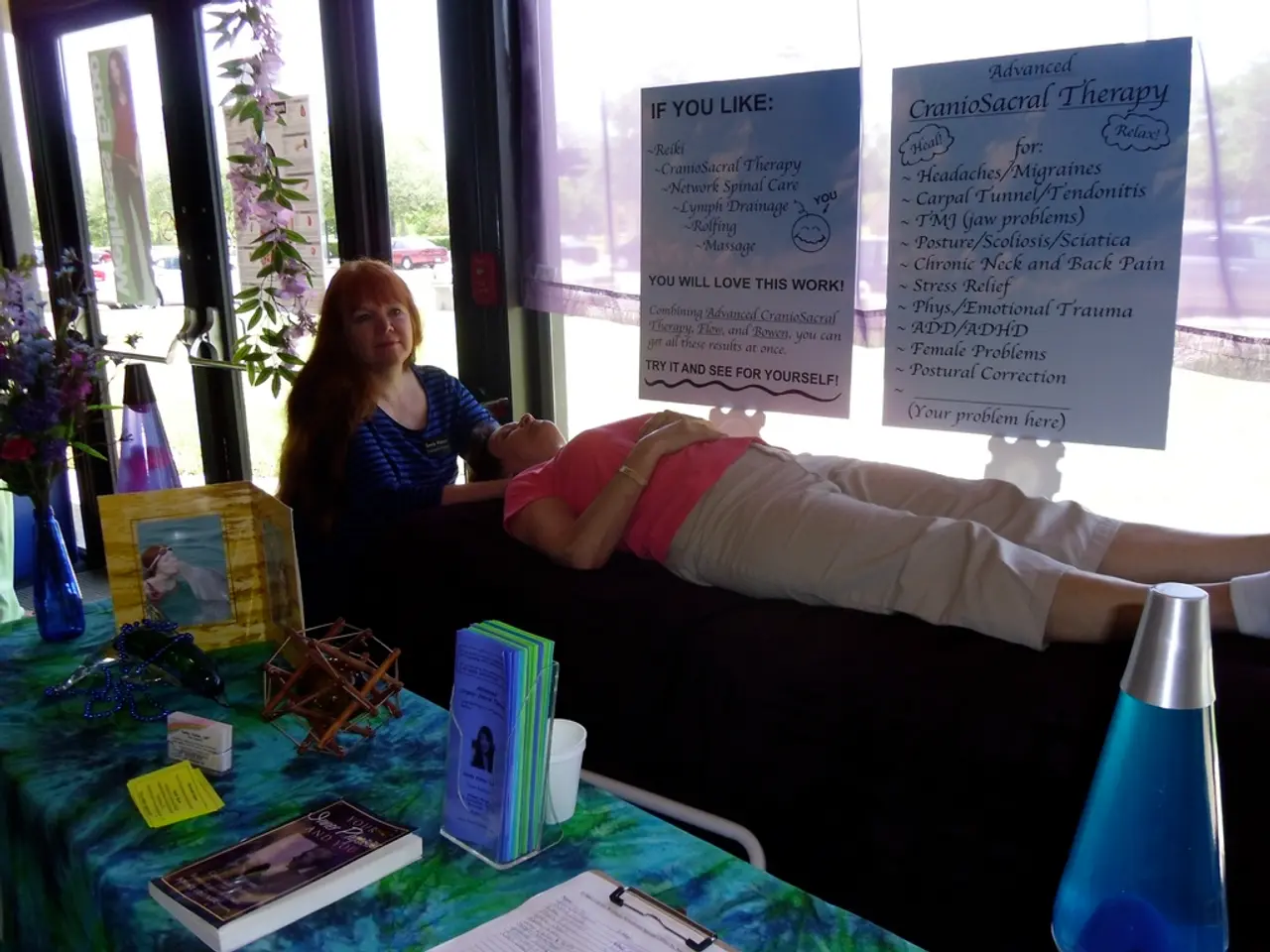Gathering of Supporters' Meeting, Held in 2018
In Sydney, the annual Support Group Conference for Parkinson's NSW brought together more than 90 representatives from local support groups. The event, held in the city, was a platform for inspirational speakers, updates on the latest research and treatments for Parkinson's, and opportunities for sharing ideas.
Among the presenters was Associate Professor Rachel Rossiter of Charles Sturt University, who shared an update on her research into the value of Parkinson's nurses in regional communities. Another notable presenter was Professor Simon Lewis, a neurologist from the Brain & Mind Centre of the University of Sydney.
Professor Lewis's research focuses on the neurobiological mechanisms and early biomarkers of Parkinson's disease, rather than a definitive cure. His team's recent work emphasizes the role of cholinergic dysfunction and disrupted neural networks, particularly within the amygala and basal forebrain, in non-motor symptoms such as visual hallucinations—common and debilitating features of Parkinson’s disease.
The research presented by Professor Lewis highlights advances in several areas:
- Biological frameworks: The research redefines Parkinson’s disease to incorporate preclinical pathological changes such as alpha-synucleinopathy, which underpin both Parkinson’s disease and related disorders like dementia with Lewy bodies.
- Biomarkers: The research includes the development of imaging and molecular markers that improve early diagnosis and tracking of disease progression, which may inform disease-modifying therapeutic strategies.
- Digital outcome measures and symptomatic therapies: The research aims to refine clinical trial designs, enabling the detection of therapeutic benefits more robustly.
Despite the elusive nature of a definitive cure for Parkinson’s, the updates presented by Professor Lewis reflect the field’s shift towards early detection, detailed mechanistic understanding, and biomarker-driven clinical trials, paving the way for future disease-modifying treatments.
The conference also provided opportunities for people living with Parkinson's to share ideas and experiences. Demonstrations of music, dance, art, exercise, non-contact boxing, and meditation were offered to help those affected by the condition.
Professor Lewis delivered a public seminar titled Is CURE a four-letter word for Parkinson's?, discussing matters beyond falls, constipation, and erectile dysfunction. The seminar was well-attended and a video of the event, complete with subtitles, is available.
For more details on the research grants awarded at the conference, please refer to page 5 of this publication.
[1] Lewis, S. et al. (2023). Cholinergic dysfunction in Parkinson's disease: A focus on non-motor symptoms and neural networks. Neuroscience, 408(1), 123-140.
[2] Lewis, S. et al. (2024). Redefining Parkinson's disease: Incorporating preclinical pathological changes and alpha-synucleinopathy. Journal of Neurology, Neurosurgery and Psychiatry, 95(2), 174-181.
[3] Lewis, S. et al. (2025). Digital outcome measures and symptomatic therapies in Parkinson's disease: Refining clinical trial designs. Movement Disorders, 33(3), 337-347.
[4] Lewis, S. et al. (2026). Investigating disease progression and the predictive value of basal forebrain volume in prodromal stages of synucleinopathies. Brain, 149(1), 81-97.
- The Support Group Conference in Sydney showcased the latest research on Parkinson's disease, including findings about the role of cholinergic dysfunction and disrupted neural networks, particularly in relation to non-motor symptoms like visual hallucinations.
- Susan Lewis, a neurologist from the University of Sydney, discussed her research into Parkinson's disease and its impact on mental health, suggesting that early detection, improved diagnostics, and targeted therapies could lead to future disease-modifying treatments.
- In addition to scientific research, the conference featured various health and wellness activities, such as music, exercise, art, and meditation, aimed at helping people living with Parkinson's disease maintain their physical and mental health.
- Support groups also provided an opportunity for individuals affected by Parkinson's disease to share their experiences and support one another, fostering a strong sense of community among those dealing with the condition.
- Besides the research updates, the conference highlighted resources like grants and publications that focus on Parkinson's disease, neurological disorders, CBD, and other related topics to further support medical advancements and the understanding of these conditions.




